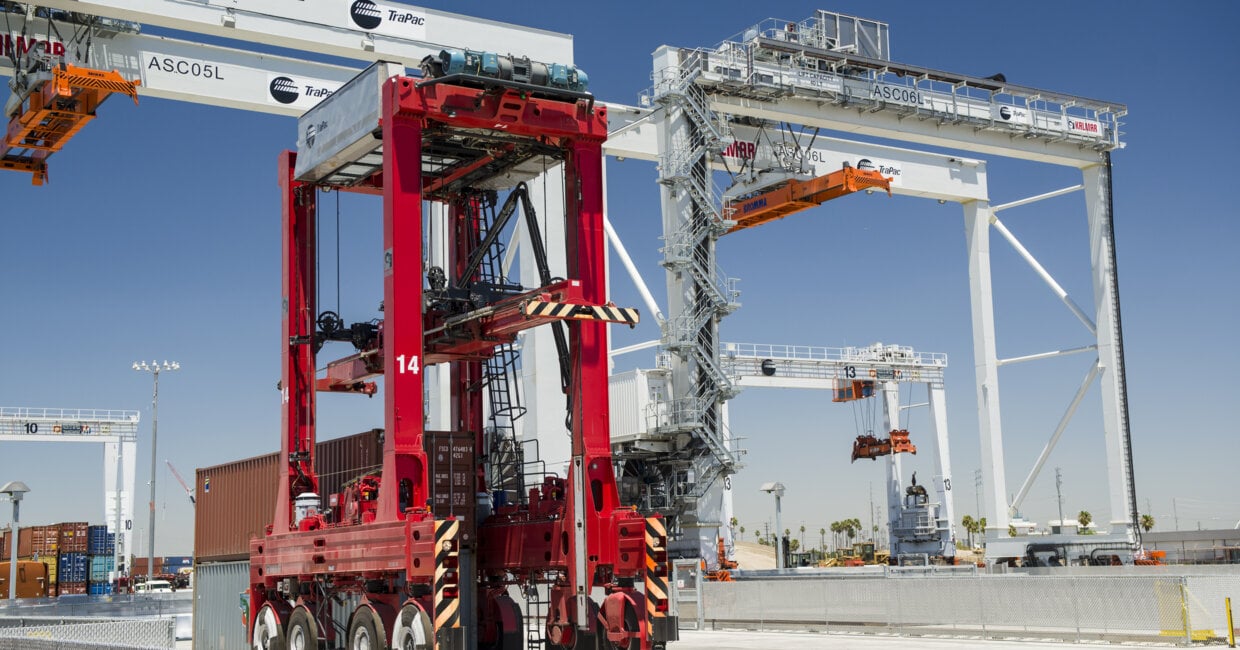
Innovation makes TraPac’s moves count
TraPac, a subsidiary of Mitsui O.S.K. Lines Ltd., has been operating in the busy port of Los Angeles, USA, for over wo decades. “In 2008 TraPac renegotiated a longterm lease with the Port of Los Angeles. This amounts to a multi-year endeavour given the strict regulations on, for instance, the environment that we must follow. It also meant we would have funds to develop and modernise the terminal,” says Scott Axelson, Vice President Planning & Development, TraPac.
“There are not many companies who can offer an integrated automation solution,” says Scott Axelson, Vice President, Planning & Development, TraPac LLC
The challenge
TraPac needs to stay competitive in an increasingly challenging business environment. In addition to rapidly rising costs for labour and regulatory compliance, the company is preparing for the Panama canal expansion.
“The expansion will allow shipping companies to by-pass the west coast with their largest cargo ships heading to the Atlantic and beyond. All terminals on the west coast are struggling to remain relevant,” says Axelson.
The result is a push towards automation, driven by both opportunity and necessity.
The solution
To ensure TraPac’s every move counts, Kalmar realised an integrated solution using both ASCs and automated straddle carriers. Customised based on the terminal layout, the solution ensures space is used efficiently and capacity is maximised.
The terminal features an automated straddle carrier stack as well as differently placed ASC stacks: parallel (4), perpendicular (15) and miniblocks (2). The 28 automated straddle carriers also deliver containers to the ASCs.
The result
The project at TraPac is realised in phases, ensuring the operations at the terminal continue during the conversion. The first phase, consisting of 10 ASCs and 17 automated straddle carriers has started serving vessels in June 2014. The concept has already started proving itself while the remaining items are being addressed.
At the same time Kalmar has received an order for the 2nd phase of TraPac. An additional 17 ASCs and 11 automated straddle carriers are being delivered over 2015 and 2016. “The integration of the terminal systems is vital to us and working with a single integrator like Kalmar is critical to ensuring accurate, reliable and timely project realisation and operations. We are confident with Kalmar’s experience with both automated stacking cranes and automated horizontal transport,” says TraPac’s Axelson.
Related articles
Further reading
Subscribe and receive updates in your email
Suscríbase a nuestras publicaciones

